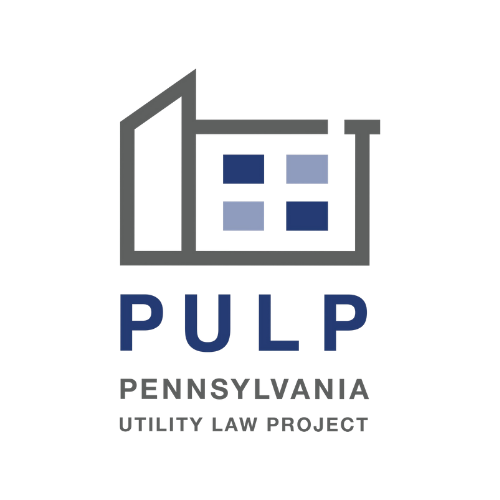Utility Basics
-
Your utilities commonly include electric service, heat service, and water / wastewater service. They occasionally include phone and internet services.
-
Regulated utility companies are subject to the jurisdiction and oversight of the Pennsylvania Public Utility Commission (PUC). They are required to follow rules and regulations for billing, collections, and terminations and must offer assistance programs for low income households.
Some regulated electric companies include Duquesne, Met-Ed, PECO, Penelec, Penn Power, PPL, UGI, and West Penn Power.
Some regulated gas companies include Columbia Gas, National Fuel Gas (NFG), PECO, Peoples Gas, Philadelphia Gas Works (PGW), and UGI.
Some regulated water and wastewater companies include Aqua, Pennsylvania American Water, Pittsburgh Water & Sewer Authority (PWSA), Veolia, and York Water Company (YWC).
Unregulated utility companies include municipal water and sewer authorities, rural electric cooperatives, and many smaller utility providers owned and operated by cities, boroughs or townships. They may not be subject to the same regulations.
-
The PUC is the Pennsylvania Public Utility Commission. The PUC regulates many essential utility services that all of us rely on, including electric, gas, pipeline, motor carrier, rail, telecommunications, and water and wastewater services.
-
A utility / energy burden is the percentage of income a household pays for utility service.
The Public Utility Commission has established maximum affordability standards for electric and gas service.
Low income families pay as much as 30% of their annual income on home energy costs like electricity and heat. Black and Latino families have disproportionately high energy burdens.
Water and wastewater energy burdens are regularly 10% of the annual income of low income families.
-
The FPL is often used to measure whether or not a utility customer qualifies for a low income assistance program. The annual guidelines can be found here.
-
Worsens previously existing health conditions
Exposes families to unsafe hot and / or cold temperatures
Prevents families from being able to keep up with basic hygiene and sanitize their homes
Increased risk of transmitting water-borne diseases due to unclean drinking water and unclean water disposal
Can lead to involuntary family separation and termination of parental rights
Hinders child learning and development
Prevents ability to safely store and cook food
Interferes with the ability to work or school from home, as well as general communication with loved ones
Long-term impact on household credit
Can lead to eviction, foreclosure, liens, and homelessness
